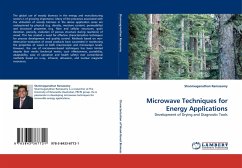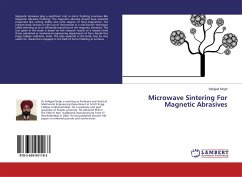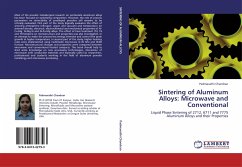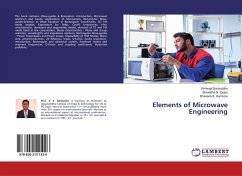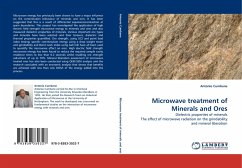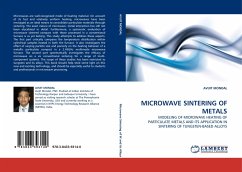The global use of woody biomass in the energy and manufacturing sectors is of growing importance. Many of the processes associated with the utilisation of woody biomass in the above application areas are underpinned by physical (e.g. density, moisture content, permeability) and structural properties (e.g. fibre and cellular structures, grain direction, porosity, evolution of porous structure during reactions) of wood. This has created a need for effective characterisation techniques for process development and quality control. Methods based on non-destructive evaluation of wood products have succeeded in monitoring the properties of wood at both macroscopic and microscopic levels. However, the use of microwave-based techniques has been limited despite their merits (technical merits, cost- effectiveness, portability, adaptability, ease of operation and health safety) over conventional methods based on x-ray, infrared, ultrasonic, and nuclear magnetic resonance.
Bitte wählen Sie Ihr Anliegen aus.
Rechnungen
Retourenschein anfordern
Bestellstatus
Storno

